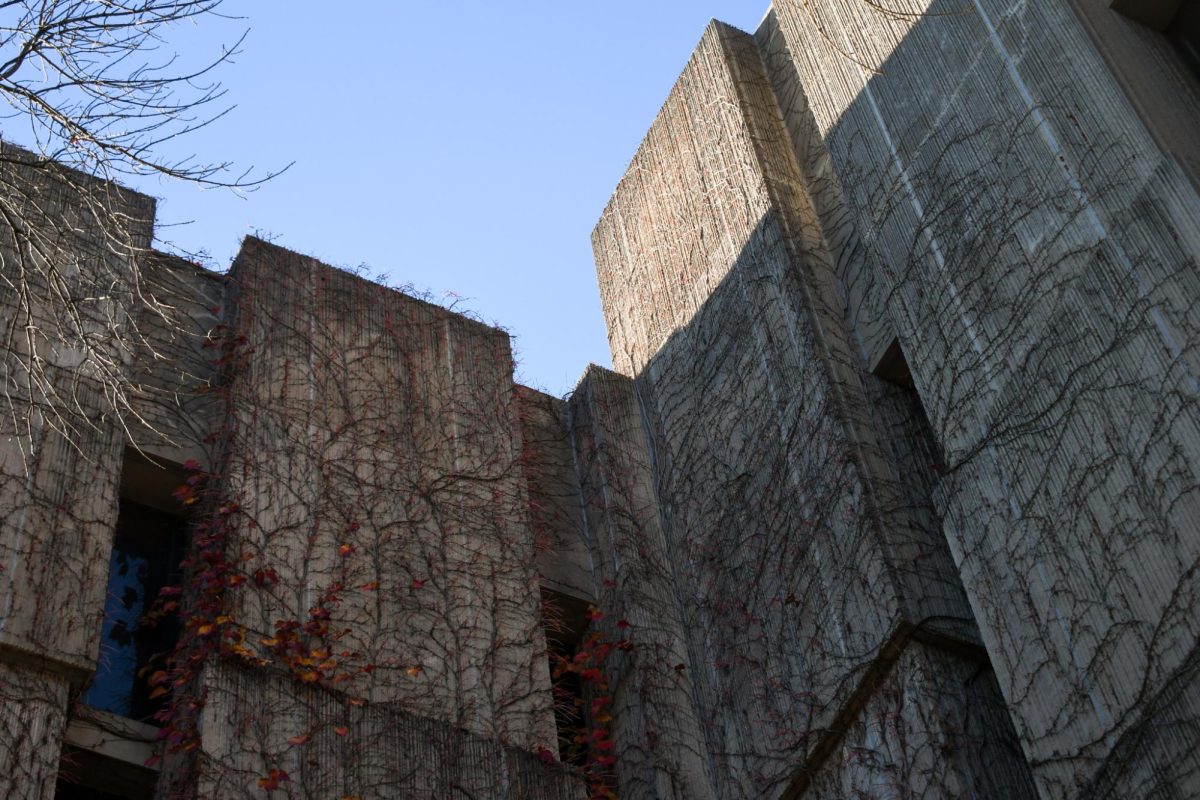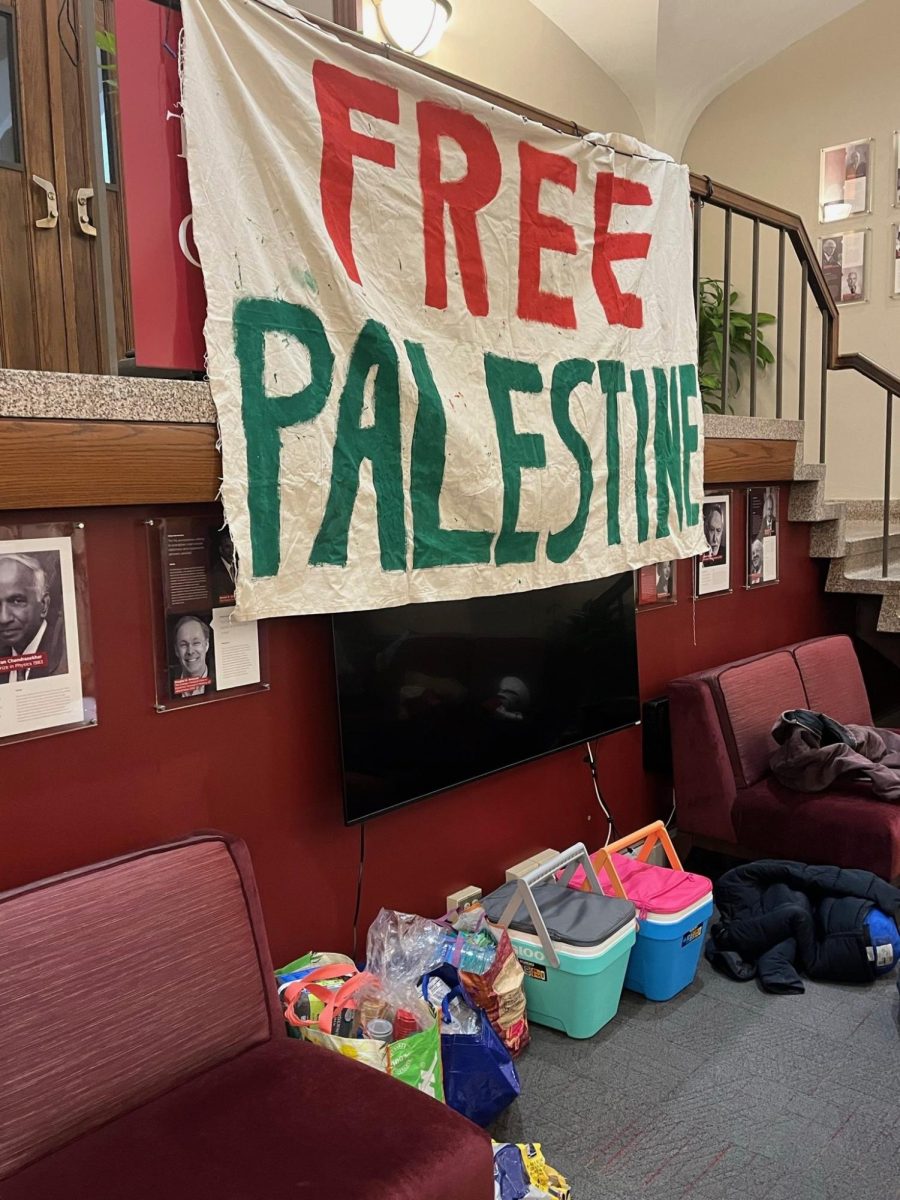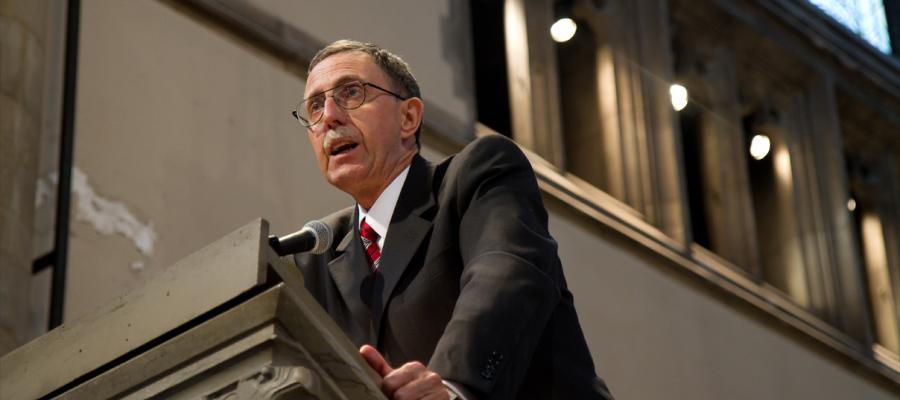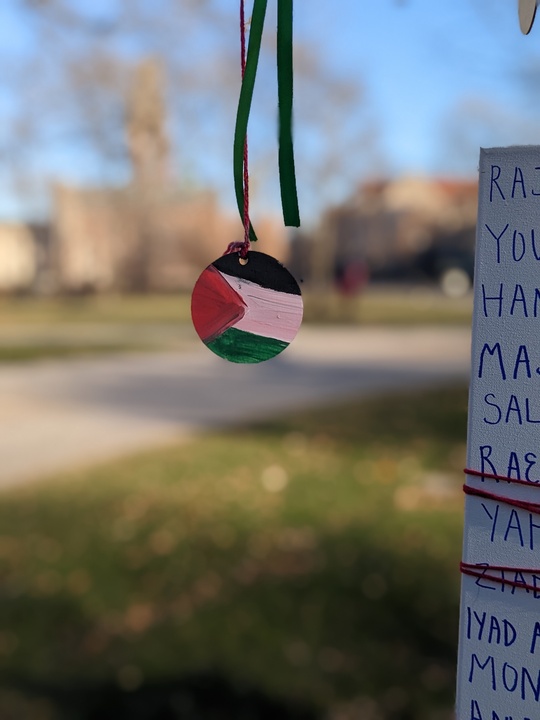As last Thursday night’s panel on the crisis in Gaza quickly filled Mandel Hall to capacity, making it possibly the most well-attended campus event this school year, I had to wait outside with several hundred other latecomers to gain entry. While the Maroon’s coverage of the event (“Panelists Probe Gaza Conflict At Mandel Hall Forum,” 1/09/09) did provide a sense of the portion of the discussion that I missed, the article, unfortunately, also offered several inaccurate or unsubstantiated claims.
In particular, Chicago Friends of Israel (CFI) President Hila Mehr was quoted describing the event as “one-sided,” “anti-Semitic,” and fraught with “faulty scholarship.” Similarly, CFI Vice President Beruria Setinmetz-Silver found it “pretty inflammatory.” As none of these concerns were raised by members of the audience during the portion of the event I was able to attend, I was left wondering what aspect of the event prompted these serious concerns.
Reporting that DePaul University denied Professor Norman Finkelstein tenure “after accusations of anti-Semitism” might lead one to believe Finkelstein was the panelist who made derogatory comments, even though he himself is Jewish. Yet, in denying him tenure, the president of DePaul cited Finkelstein’s personal criticism of scholars with whom he disagreed, not allegations regarding the defamation of Jewish people or the Jewish faith.
Lastly, in her interview, Ms. Mehr is also quoted suggesting that by supporting a “one-sided” event, the Center for Middle East Studies may have violated the principles of the 1967 Kalven Committee Report, even though this report enshrined a policy prohibiting institutional action by the University as a whole on social or political issues (except in extreme cases), expressly for the purpose of fostering the sort of criticism and dissent the panelists provided. Indeed, the report states that in its challenge to the prevailing institutions, values, and practices, “a good university, like Socrates, will be upsetting.”
Considering the centrality of free inquiry to the University’s mission and the way in which charges of anti-Semitism have often had the effect of shutting down criticism of Israel’s policies, more rigorous interviewing, fact-checking, and reporting is needed, particularly during this time of war and humanitarian catastrophe.
Toussaint Losier
Doctoral Student
History Department







